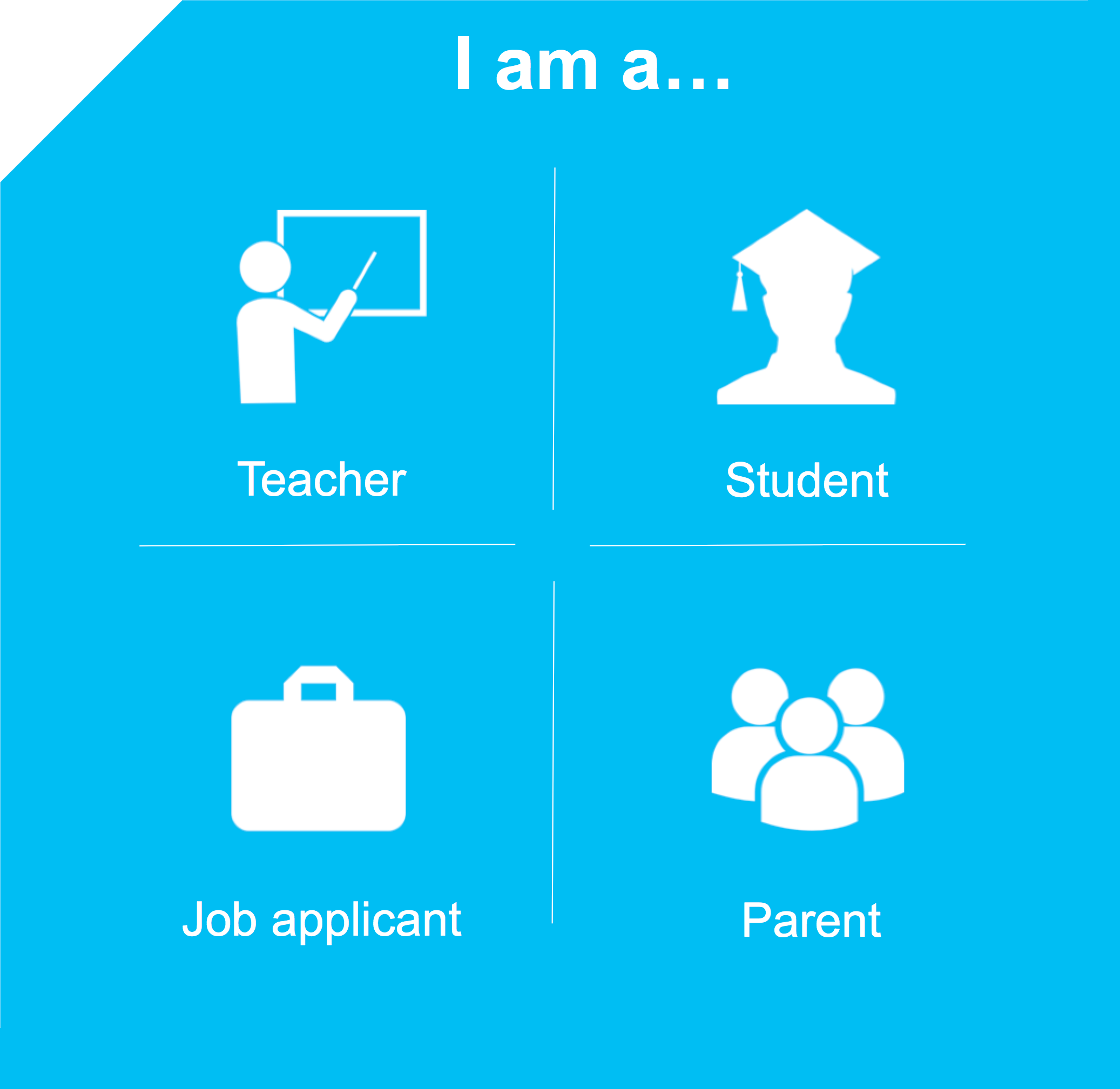At Elevate Education we strongly believe that good data protection is a cornerstone of our business policies and practices. For this reason, we have closely analysed the requirements of the GDPR and we are working to make enhancements to our processes, contracts, and documentation.
As part of our GDPR compliance measures we have:
- Mapped how data flows in our business both within the EU and outside it and determined measures to protect this data;
- Reviewed and enhanced our privacy notices;
- Created internal processes to allow data subjects to exercise all their extended rights;
- Put in place special procedures and plans for how to deal with special data requests and data breaches within the timescales indicated by law;
- Identified and documented our lawful basis for each of our data processing activities;

